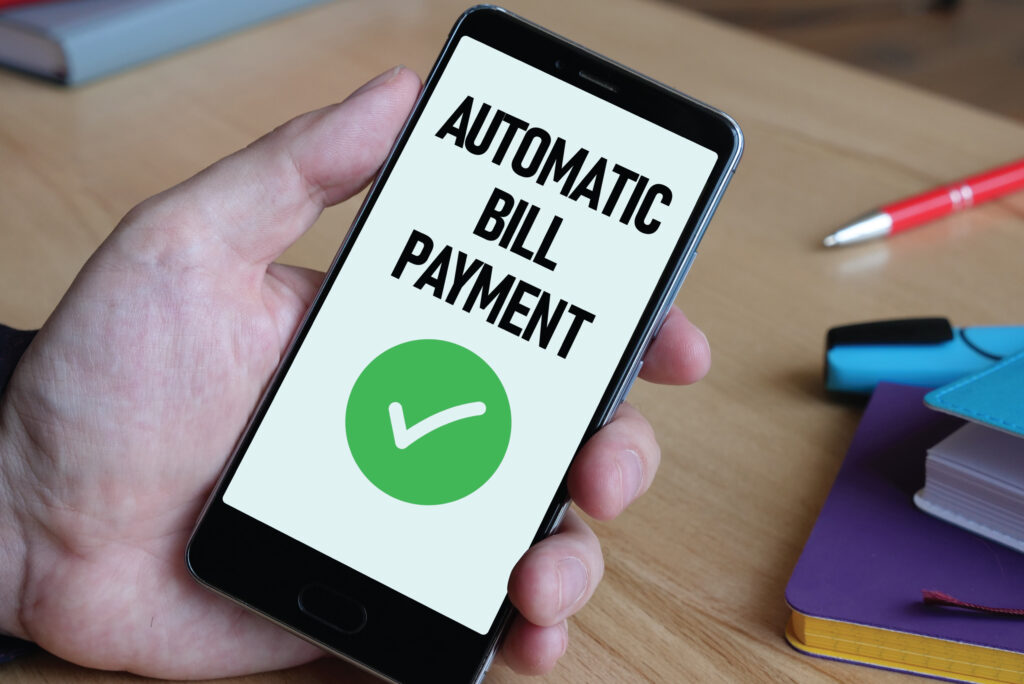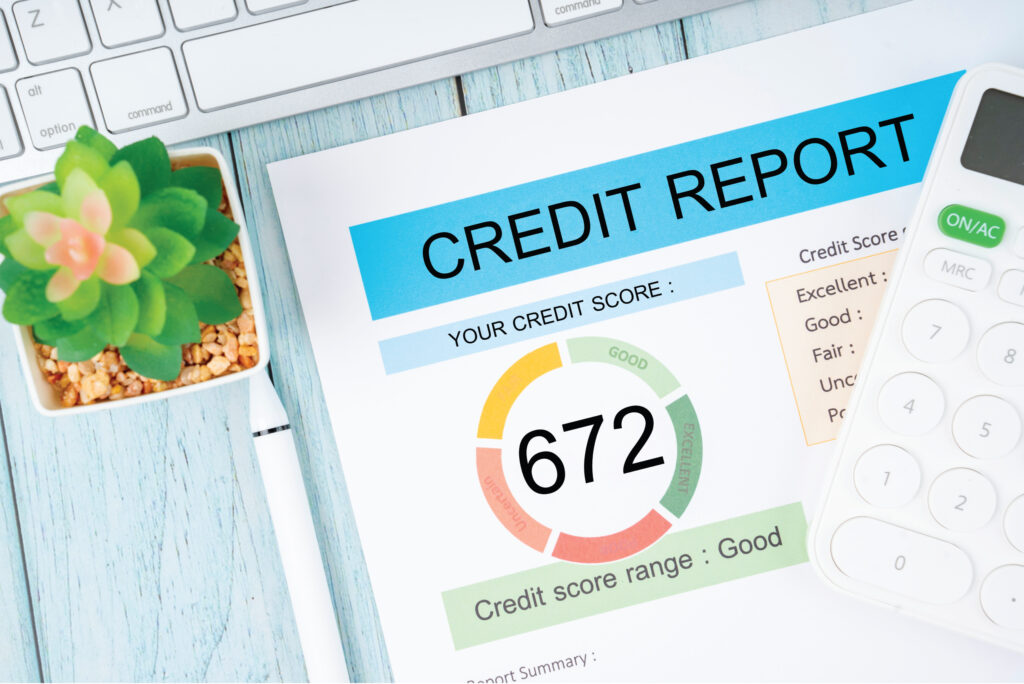The credit score you have plays a significant role in your financial health. It influences your ability to get loans, secure favourable interest rates and even rent an apartment. Whether you’re looking to buy a home, open a new credit card or improve your financial standing, maintaining a good credit score is essential.
Let us explore the best ways to improve and maintain your credit score, ensuring a strong financial foundation for your future.
1. Clear Your Bills Timely

The most significant factor influencing your credit score is your payment history. Delayed payments, missed bills or defaults on loans can significantly negatively impact your credit score. Ensuring that you pay all of your bills on time—whether they are credit card payments, loan instalments or utility bills—will help you avoid penalties and keep your score healthy.
Tip: Set up automatic payments for recurring bills to ensure you never miss a payment. If that’s not a viable option then consider setting reminders on your phone or using a budget app to avoid missing a crucial due date.
2. Keep Your Credit Utilization Low
Your credit utilization ratio—the percentage of available credit you’re utilizing—affects 30% of your credit score. Ideally, you should keep your credit utilization below 30%. For example, if your credit limit is $10,000 then try to keep your balance under $3,000. High credit utilization can signal to lenders that you might be relying too heavily on credit, making you appear risky to lenders.
Tip: Clear your balances before the end of the billing cycle to keep your credit utilization low. If possible, ask for a credit limit increase, which can lower your utilization rate, provided you don’t increase your spending.
3. Avoid Opening Too Many New Accounts

Every time you apply for a new credit card or loan, the lender conducts a hard inquiry, which temporarily lowers your credit score. Multiple hard inquiries within a short period can negatively affect your score, making it appear as though you’re taking on more debt than you can manage. Although opening new accounts can improve your credit mix (which accounts for 10% of your score), it’s important to be strategic about when and how often you open new credit accounts.
Tip: Only apply for new credit if and when necessary. If you are planning to apply for a large loan, like a mortgage, it’s wise to avoid applying for other credit lines within six months before the loan application.
4. Keep Old Accounts Open
Length of credit history accounts for 15% of your credit score. The longer you’ve had a credit account open, the more positively it can impact your score. Closing old accounts, especially those with long histories of on-time payments, can shorten your credit history and also lower your overall available credit, which can harm your score.
Tip: Even if you don’t use an old credit card regularly, consider keeping it open with minimal activity. Just make sure there are no annual fees or other costs associated with keeping the card active.
5. Diversify Your Credit Mix
Having a healthy credit mix (credit cards, instalment loans, mortgages, etc.) can positively impact your score. It accounts for 10% of your credit score. Lenders like to see that you can manage different types of credit responsibly. If all of your credit comes from one source (such as only credit cards), consider diversifying with a small instalment loan like a personal loan or a car loan to enhance your credit mix.
Tip: Be careful not to open too many new types of credit at once. It’s about quality, not quantity. Only take on new credit if you can handle it responsibly.
6. Regularly Check Your Credit Report

Errors in your credit report can negatively impact your score. It’s crucial to regularly check your credit reports to ensure there are no inaccuracies, like unpaid debts or accounts that aren’t yours. You are entitled to one free credit report each year from major credit bureaus.
Tip: If you find any errors on your credit report, dispute them immediately with the credit bureau. Correcting errors promptly can help improve your credit score.
7. Settle Outstanding Debts
If you have accounts in collections, they can severely damage your credit score. Pay off or settle any outstanding debts as soon as possible. While paying off an account in collections won’t remove it from your credit report, it will reflect that the debt is settled which is viewed more favorably by potential lenders. Over time, as the collection account ages, its impact on your credit will lessen.
Tip: Contact the creditor or collection agency to negotiate a payment plan or settlement offer. In some cases, they may be willing to remove the account from your report upon full payment.
8. Use a Credit-Building Tool
If you have little or no credit history, consider using a credit-builder loan or a secured credit card. A secured credit card requires a cash deposit as collateral, which serves as your credit limit. By using the card responsibly and making timely payments, you can build or improve your credit over time. Similarly, a credit-builder loan allows you to borrow a small amount of money, which is held in a savings account while you make regular payments. This helps you improve your credit.
Tip: Ensure that the secured credit card or credit-builder loan you choose reports to all three major credit bureaus so your positive payment history is reflected.
Improving and maintaining your credit score requires time, patience, and responsible financial habits. Start by paying your bills on time, keeping your credit utilization low, and avoiding excessive hard inquiries. Regularly check your credit report for errors and manage your credit mix to boost your score. By following these steps, you’ll gradually build a strong credit history, which will serve as a solid foundation for your financial future.
